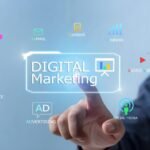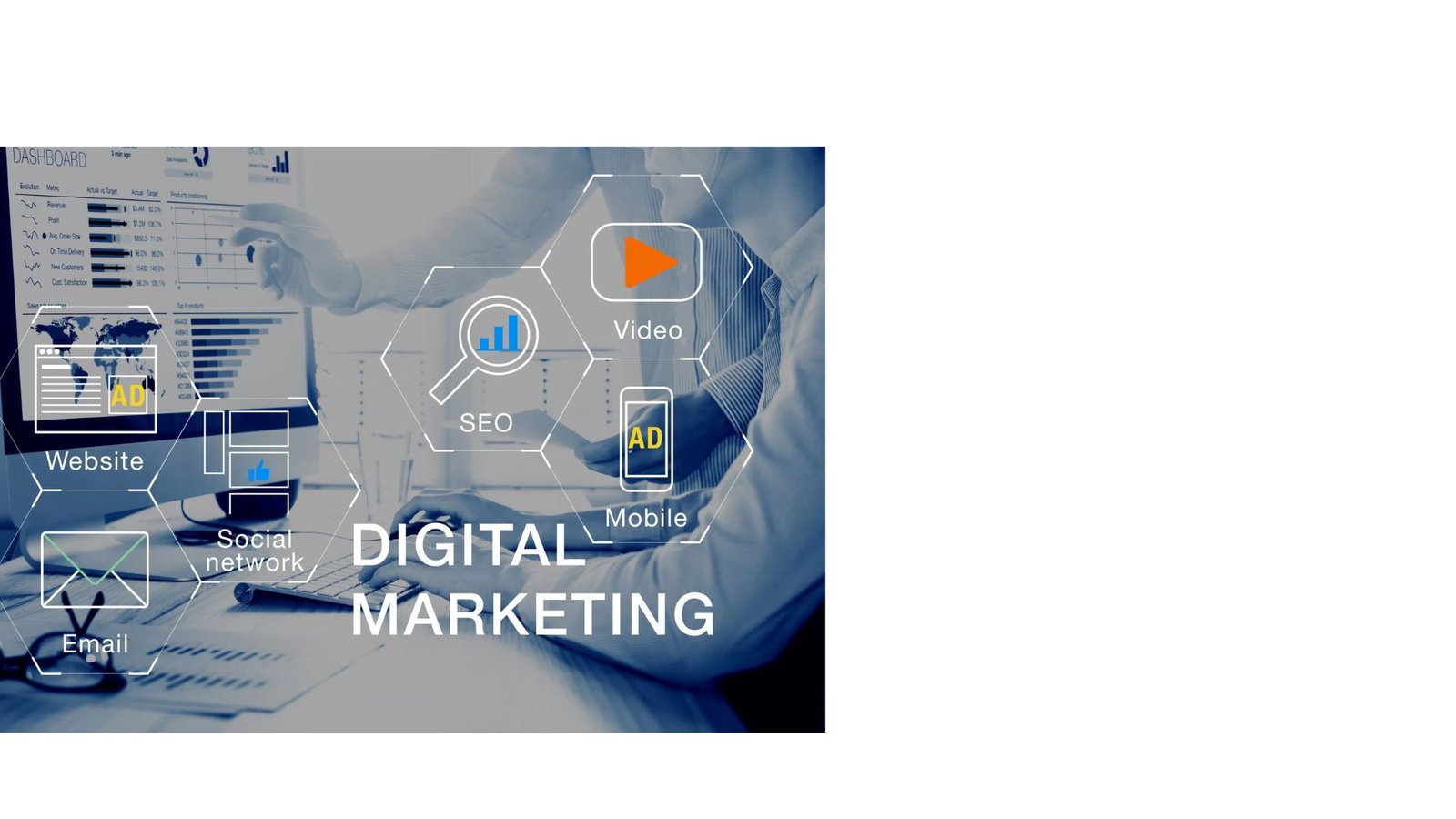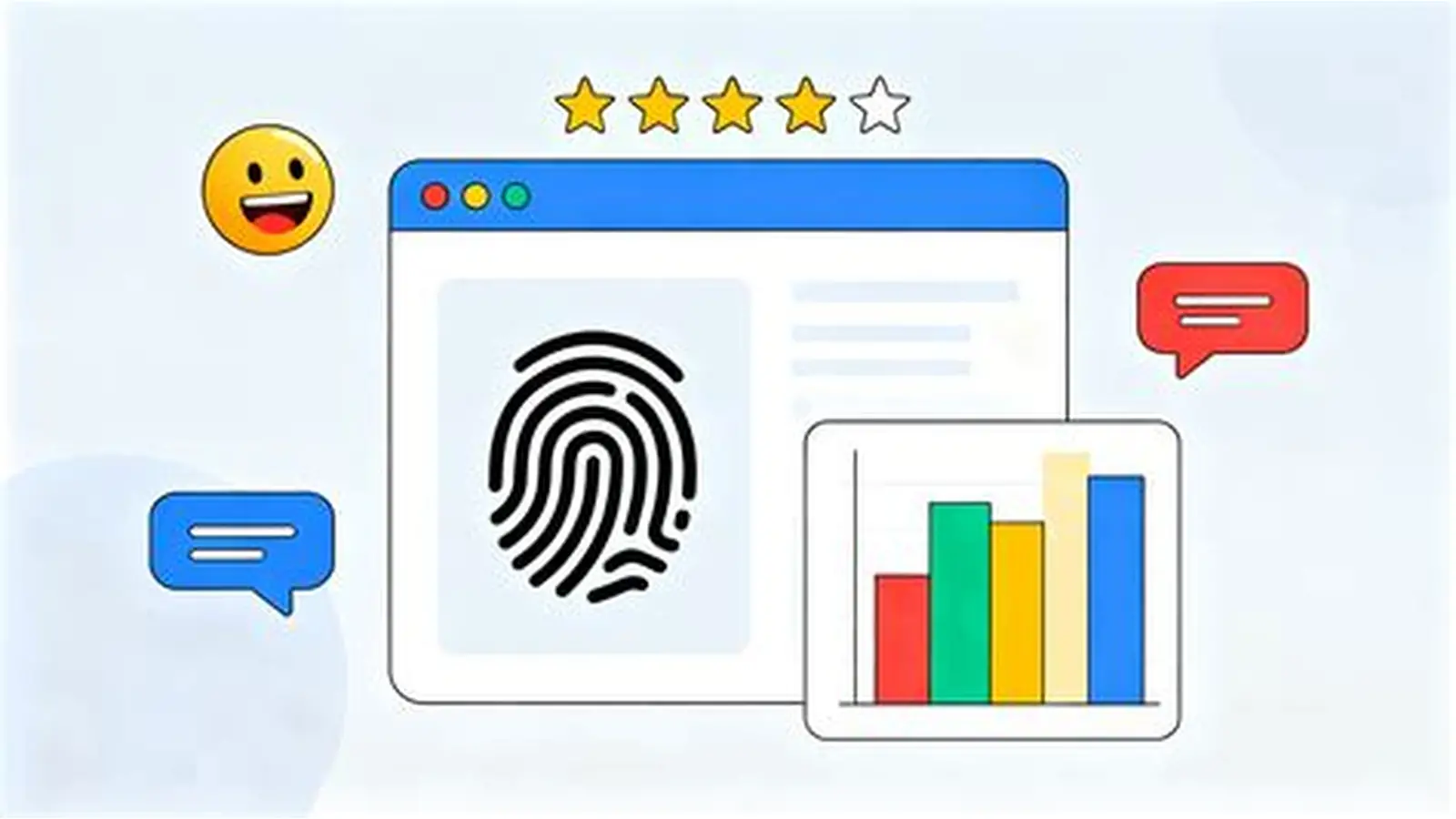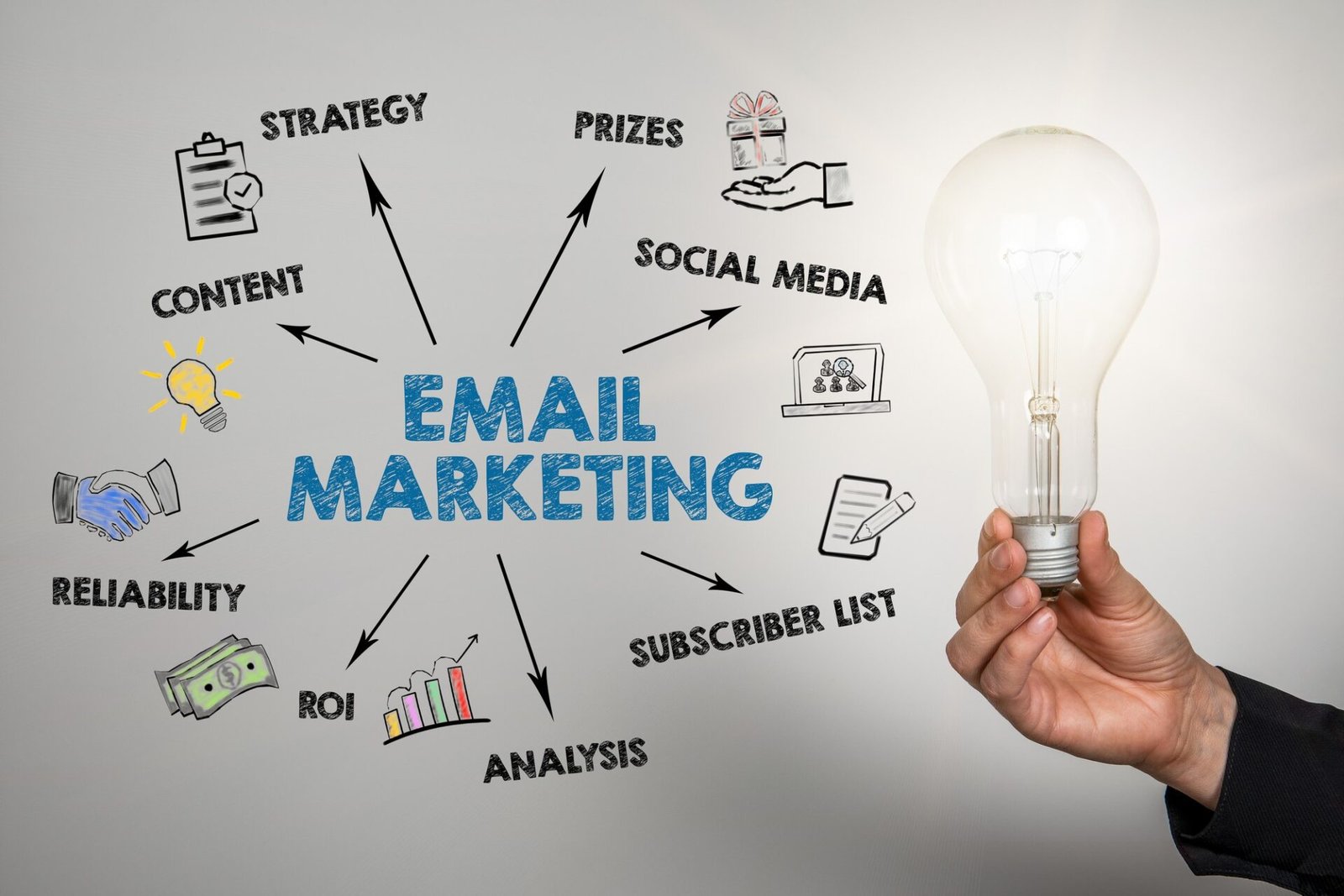Businesses today face an increasingly competitive market. Understanding digital marketing in the future is essential for companies that want to stay ahead. Digital marketing goes beyond traditional advertising by using online platforms to reach targeted audiences, build brand awareness, and drive measurable results. Its flexibility, reach, and adaptability make it a cornerstone of modern business strategy.
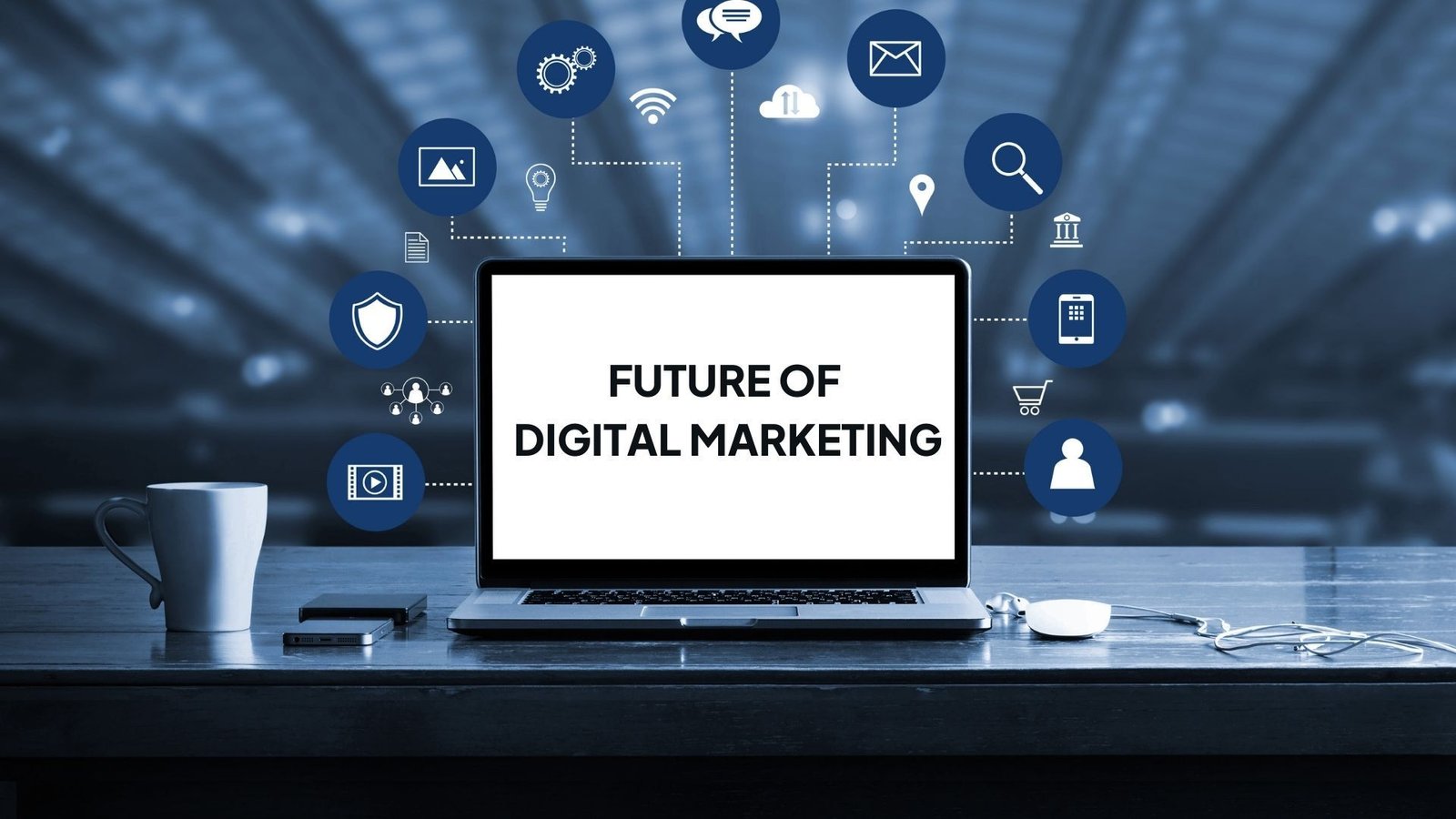
Expanding Reach and Visibility
One of the main reasons digital marketing is the future is its ability to reach a global audience. Unlike traditional methods, online marketing allows businesses to target specific demographics, regions, or interests. Key strategies include:
-
Social media marketing: Platforms like Facebook, Instagram, and LinkedIn connect brands with millions of users.
-
Search engine marketing (SEM): Paid and organic strategies help businesses appear in search results.
-
Email marketing: Personalized campaigns allow direct communication with potential and existing customers.
By leveraging these tools, businesses can significantly increase visibility and reach audiences who are actively looking for their products or services.
Data-Driven Strategies
Digital marketing is powerful because it relies on data to guide decisions. Unlike traditional advertising, online campaigns provide real-time metrics that allow businesses to adjust strategies for maximum impact. Methods include:
-
Tracking website traffic, click-through rates, and conversions.
-
Using analytics to understand customer behavior and preferences.
-
Testing and optimizing ad campaigns for better performance.
Data-driven insights ensure that businesses spend their marketing resources efficiently and achieve measurable results.
Enhancing Engagement
Another reason digital marketing is the future is its ability to engage customers directly. Businesses can communicate in real time, respond to queries, and build meaningful relationships with their audience. Techniques include:
-
Interactive social media content like polls, stories, and live sessions.
-
Personalized emails and messages that address customer needs.
-
Creating content that educates, entertains, or solves problems for users.
Higher engagement fosters loyalty, encourages repeat purchases, and strengthens brand reputation.
Cost-Effectiveness Compared to Traditional Marketing
Digital marketing also offers a cost advantage. Traditional advertising such as TV, radio, or print often requires significant investment with less measurable results. Digital strategies, on the other hand, allow businesses to:
-
Set flexible budgets for campaigns.
-
Target specific audiences to avoid wasting resources.
-
Measure return on investment (ROI) accurately.
This cost-effectiveness makes digital marketing accessible to businesses of all sizes, from startups to large enterprises.
Supporting Brand Growth
Digital marketing is essential for long-term growth. By combining visibility, engagement, and analytics, businesses can expand their audience, strengthen their brand, and increase revenue. Key tactics include:
-
Content marketing that educates and informs audiences.
-
Search engine optimization (SEO) to improve organic rankings.
-
Paid advertising to reach new prospects and generate leads.
These strategies work together to ensure businesses remain competitive and relevant in a fast-evolving marketplace.
Adapting to Consumer Behavior
Consumer behavior has shifted significantly toward online interactions. People now research products, read reviews, and make purchases online more than ever before. Digital marketing adapts to these trends by:
-
Meeting customers where they spend most of their time online.
-
Offering personalized experiences based on browsing history and preferences.
-
Using automation tools to maintain consistent communication and engagement.
Brands that embrace digital marketing are better positioned to satisfy modern consumer expectations.
Conclusion
In conclusion, is digital marketing the future can be answered with a clear yes. Its ability to expand reach, drive engagement, provide measurable results, and adapt to changing consumer behavior makes it indispensable for modern businesses. Companies that implement digital strategies effectively can build strong brands, attract loyal customers, and achieve sustainable growth. Digital marketing is not just a trend; it is the foundation for future business success.




